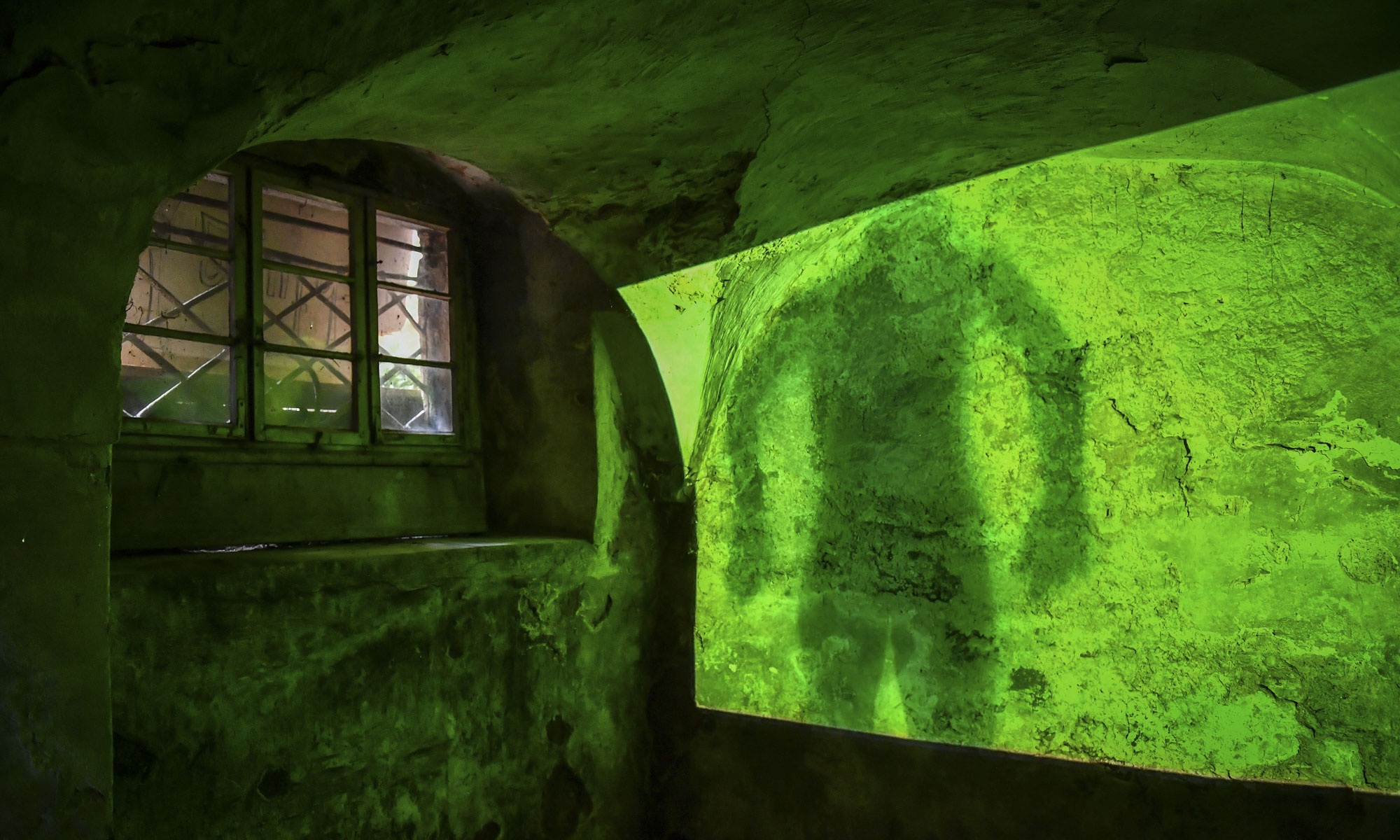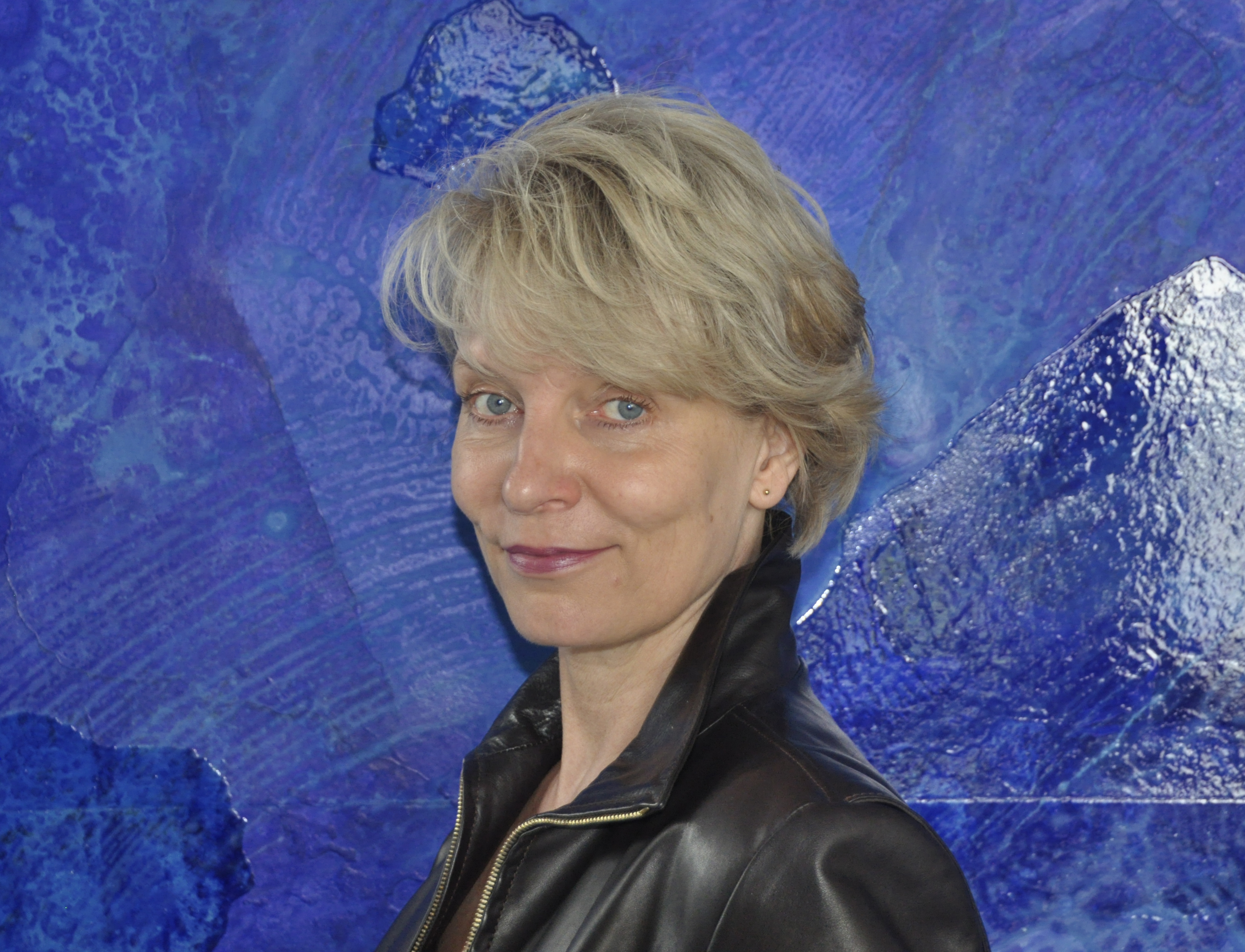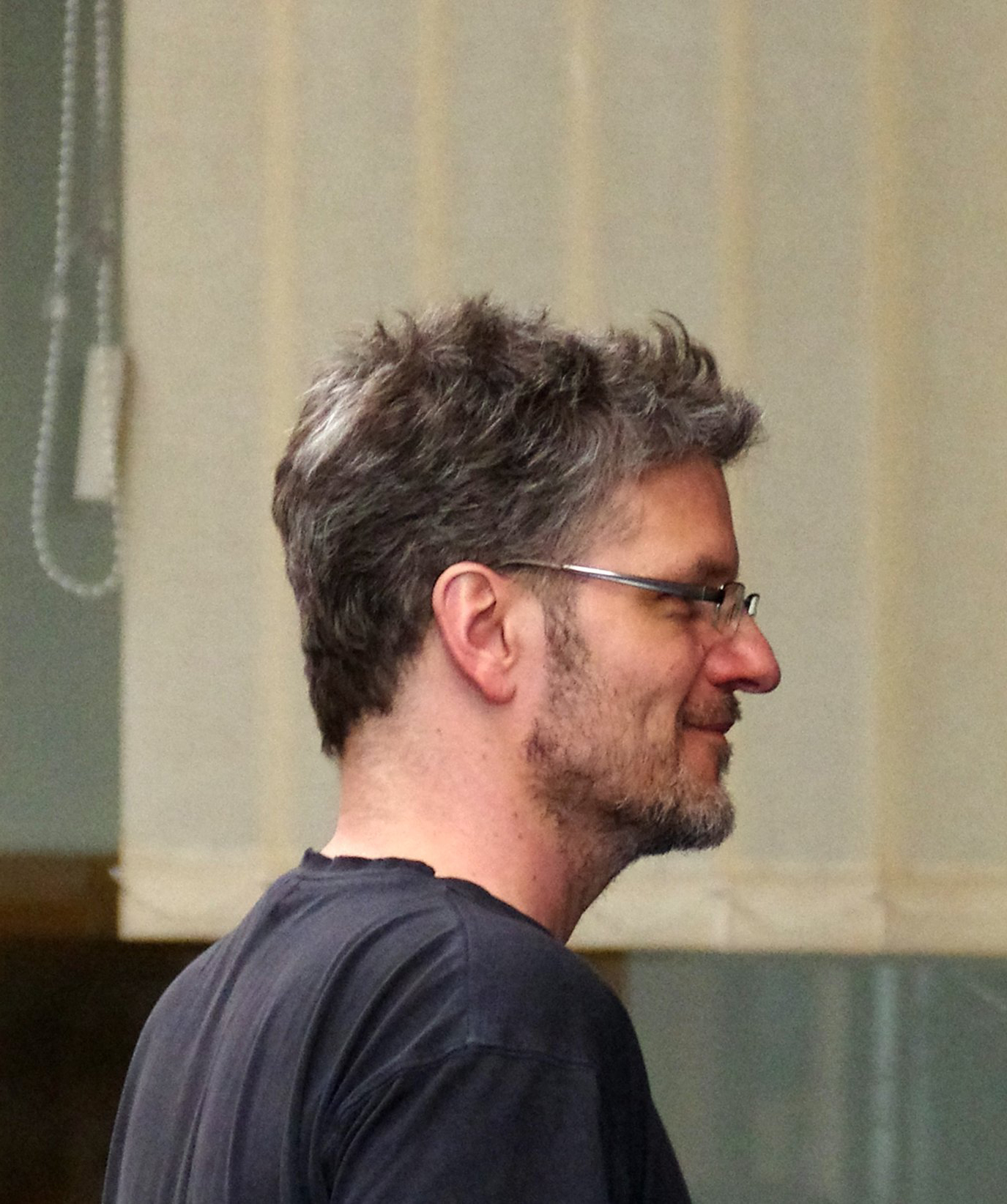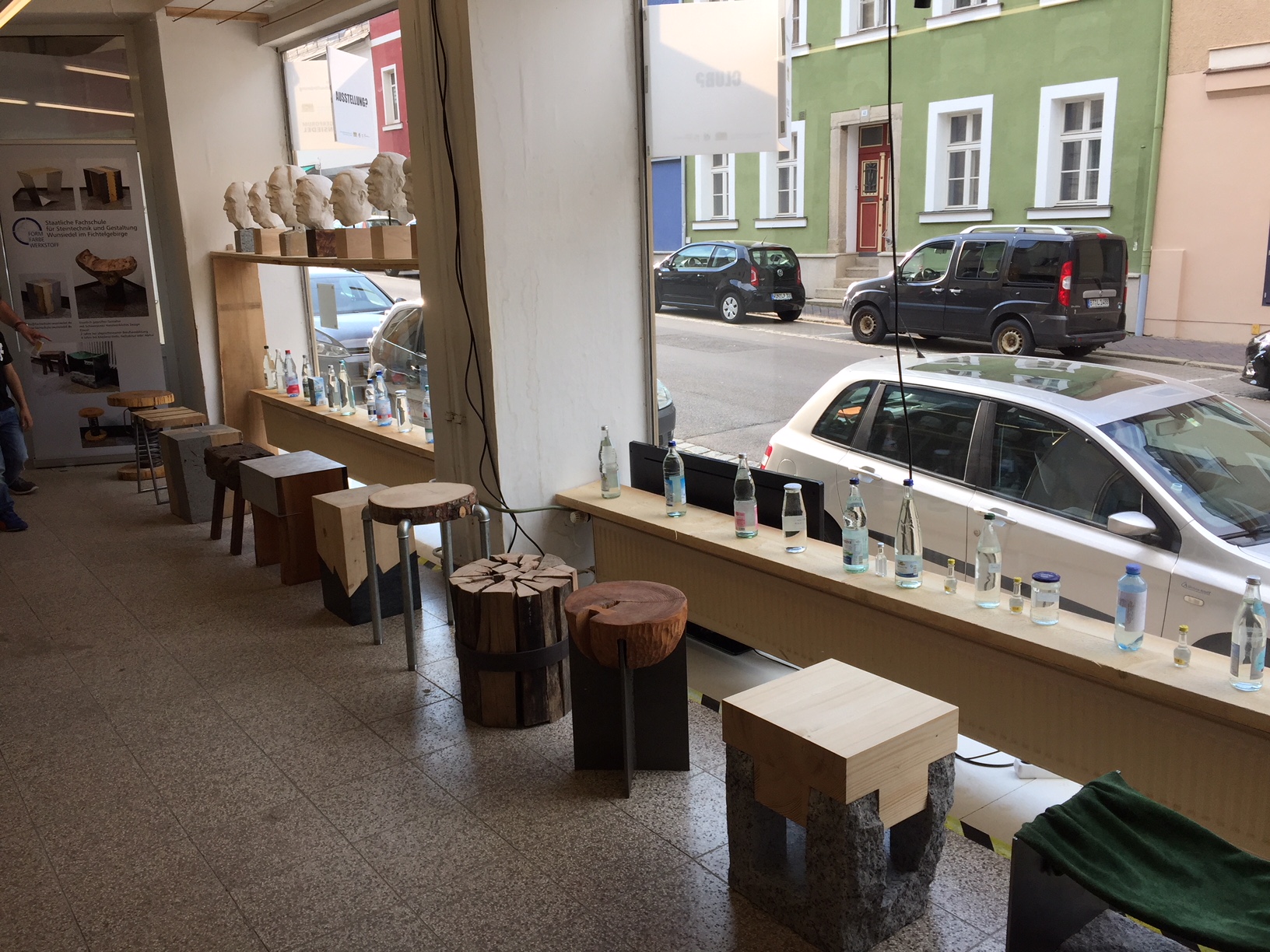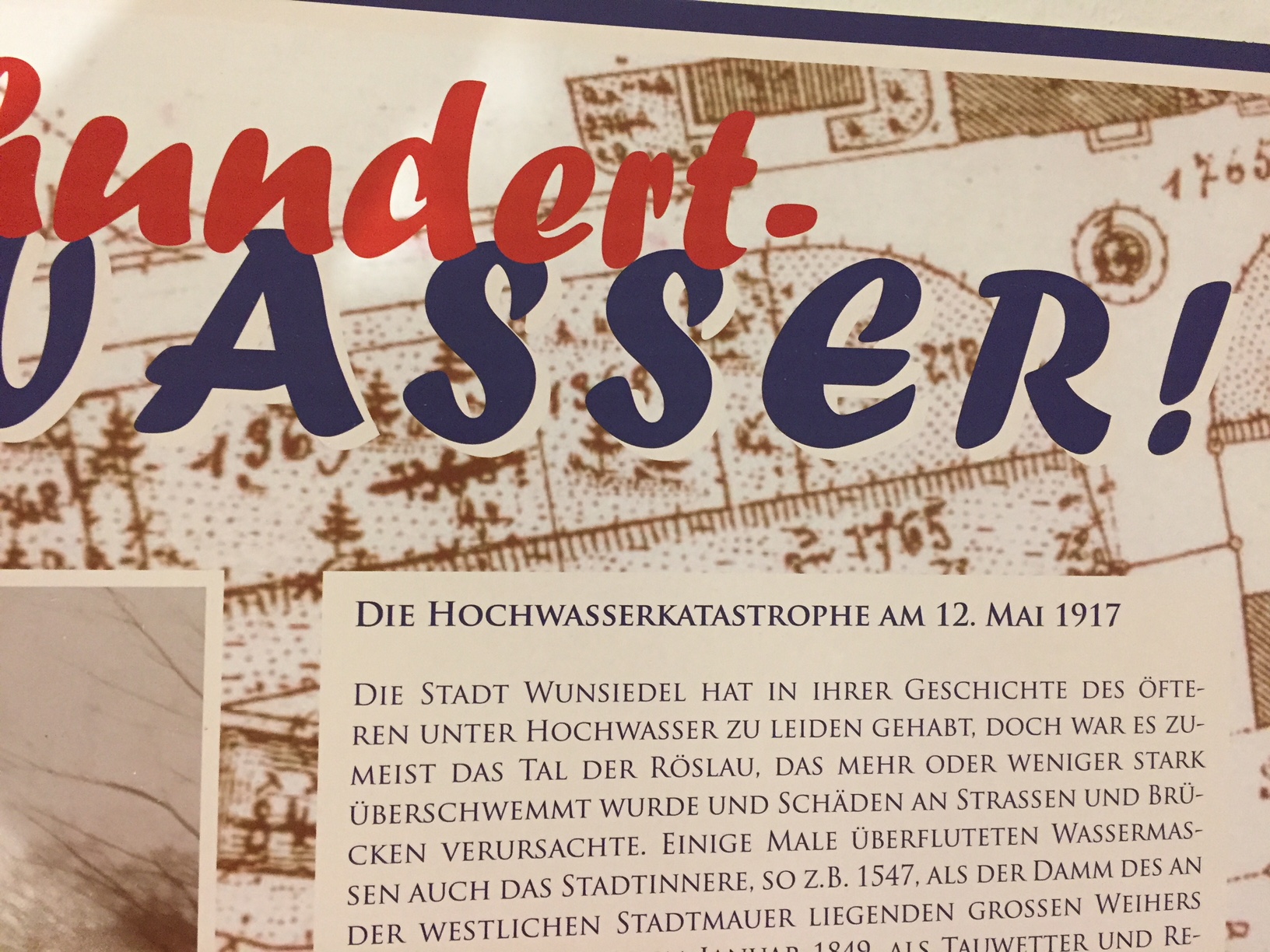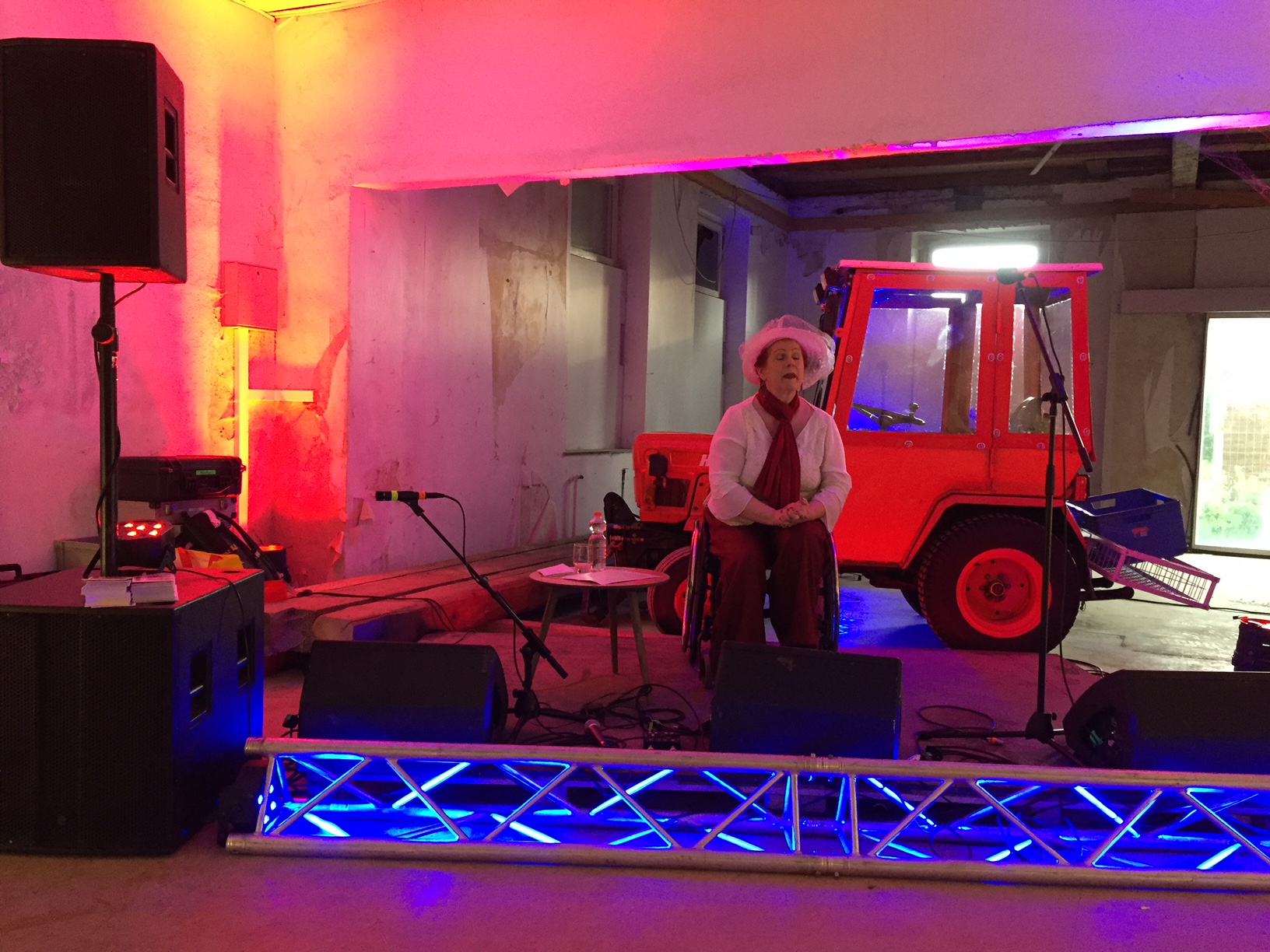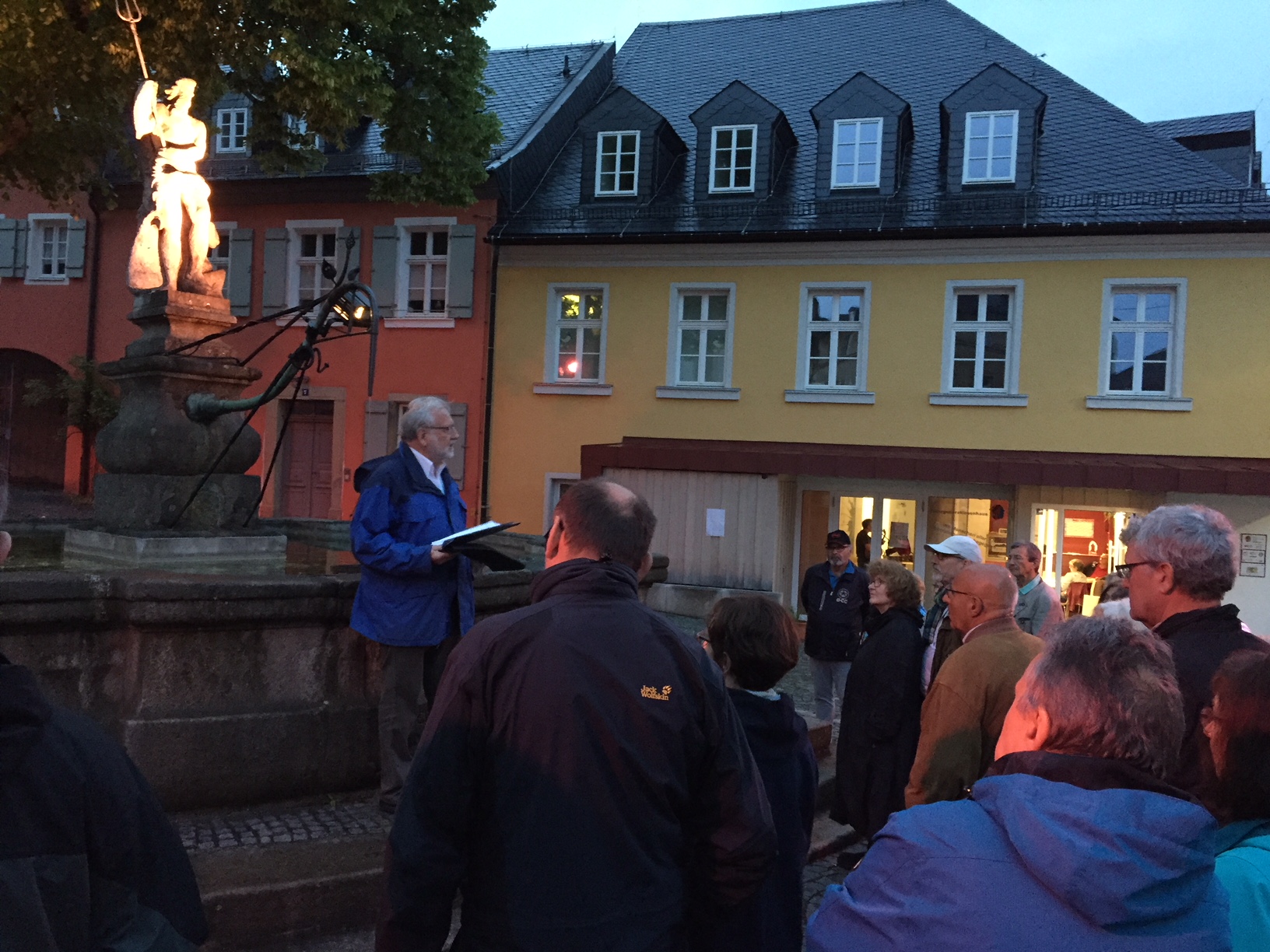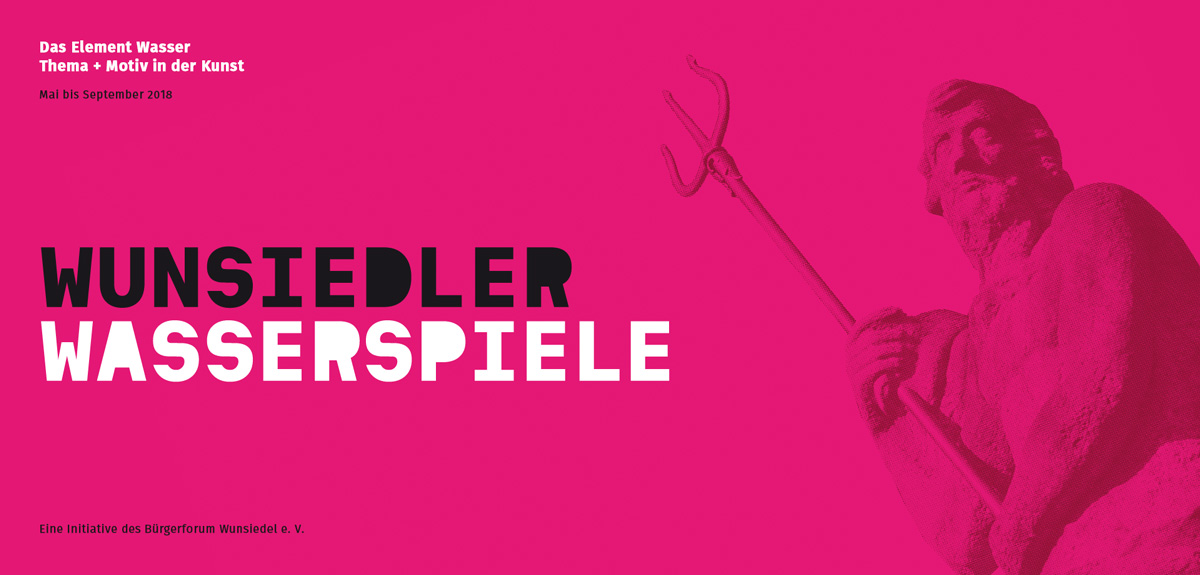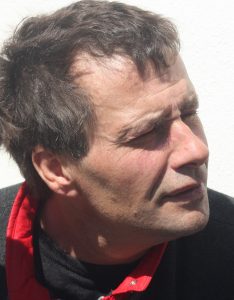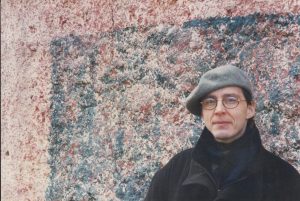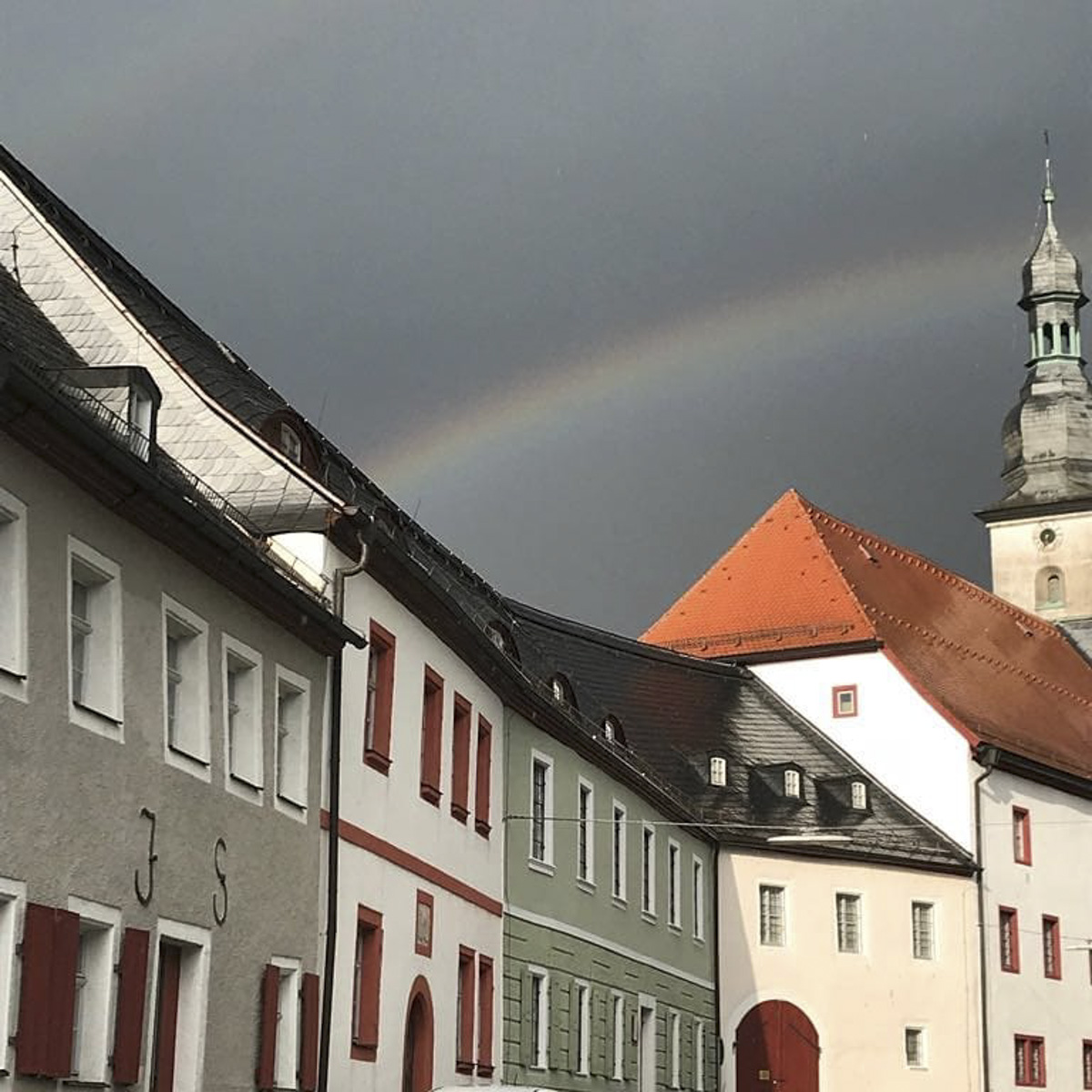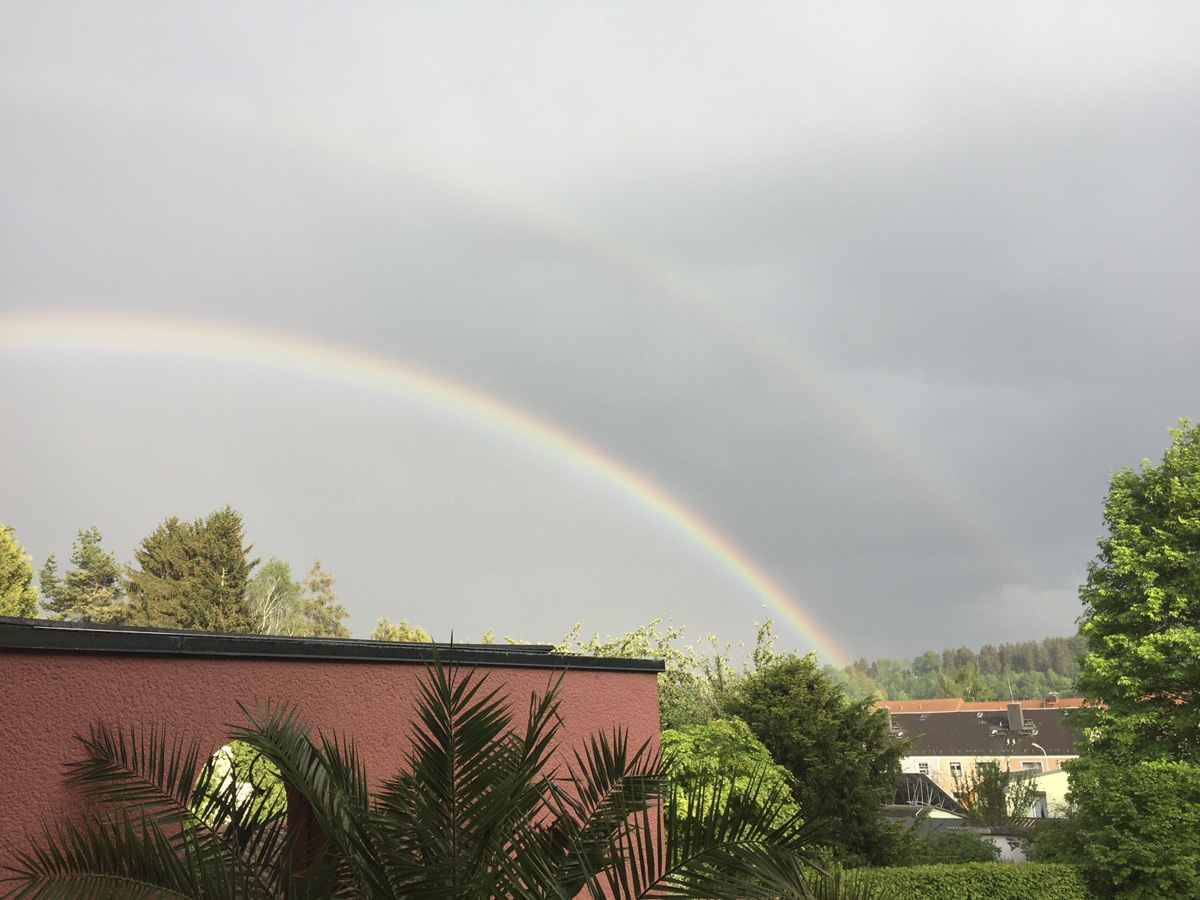
Matthias Berthold, born in Lübeck in 1964, studied Enthnology and Illustration in Hamburg. A graphic and visual artist since 1992, he received a grant from the Robert Bosch Company and was a guest artist in Ireland and Iceland, among other places. He increased his public artistic activities in 2005. Since 2007 he has developed collaborative art projects in cooperation with Andreas Schön.
The artist creates and executes his projects and actions from a critical social perspective. He finds that contemporary and modern art must close the gaps in social rifts instead of deepening them.
The goal is the creation of positive connections – between people, groups, places and art. Berthold’s works fulfill certain social responsibilities by being available and accessible for all people.
Liveliness and changeability are aspects of his artistic works, which bestow a human dimension to the places in which they are located. The directives that he established for the Wunsiedel Water Games are difficult to ignore.
